4 natural helpers to your garden (and how to keep snails away)
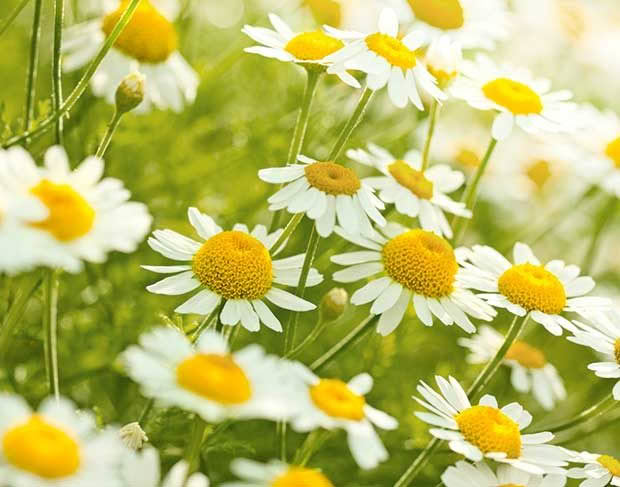
On any given day you might find me outdoors mixing up a comfrey fertiliser or brewing a chamomile tea. I’ve taken to making my own fertilisers and natural pesticides with herbs and seaweeds, to the enormous benefit of my garden.
Words: Jane Wrigglesworth
1. Chamomile
(Matricaria chamomilla)
This is an extraordinary herb, for its calming effects on humans, and its companionable betterment to other plants in the garden.
• It has natural fungicidal properties. I use it to make a spray for my seedlings to help prevent damping off.
• It has naturally high levels of sulphur, a mineral used by many gardeners to control mildew, black spot, brown rot, and other diseases.
• Its roots bring up potassium from the soil. When chamomile plants have finished flowering, dig them up and use them as nutrient-yielding mulch for nearby plants.
• For an easy, all-round spray, brew up a batch of chamomile tea from the flowers to spray on plants.
2. Wormwood
(Artemisia absinthium)
Wormwood is easy to grow in the garden, and its silver-grey leaves are attractive. Plants grow to around 1m high, although they do have a tendency to sprawl. Plant in full sun or light shade.
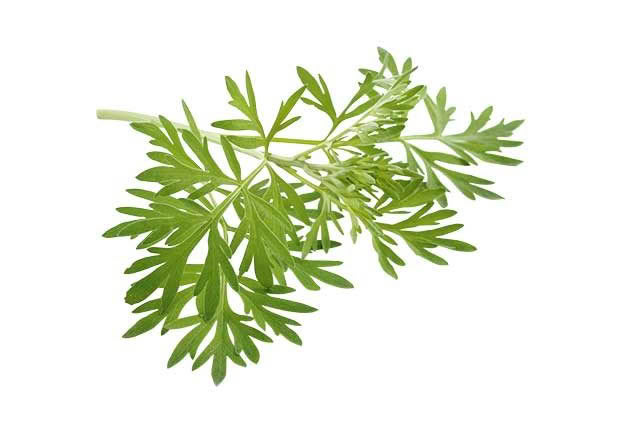
• Scatter leaves around garden plants to deter slugs and snails.
• You can also make a spray, using the leaves, to act as a repellent on plant or soil surfaces. You will need to reapply the spray after rain. To make up a bottle, steep three tightly-packed cups of wormwood leaves in 1 litre of freshly boiled water and leave to stand overnight. Strain and dilute one part wormwood solution to three parts water.
• This spray is also good for deterring aphids, whitefly and caterpillars.
• Dry the leaves and use in sachets in linen drawers and closets to deter moths.
3. Seaweed
I like to use seaweed sprays too. Seaweed is a great plant tonic, and also seems to deter slugs and snails. I’ve found a definite decrease in slug and bug action when plants are given a regular seaweed foliar spray.
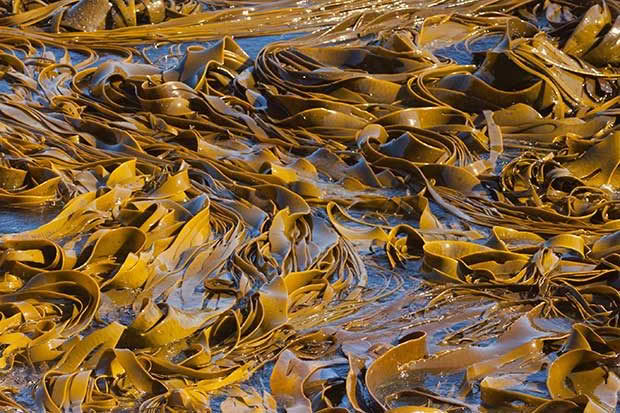
It could be the salt that comes with the seaweed or simply that the plants are in top condition and able to better withstand pest attacks.
4. Beer & DE
I’ve tried neither beer traps nor diatomaceous earth (DE) but according to gardening friends, these both work well to deter slugs and snails.
• Diatomaceous earth has abrasive and sorptive qualities. It is made up of the fossilised silica shell remains of aquatic algae called diatoms. It works by clinging to and absorbing or scratching off the protective waxy layer on an insect’s body which means they dehydrate and die.
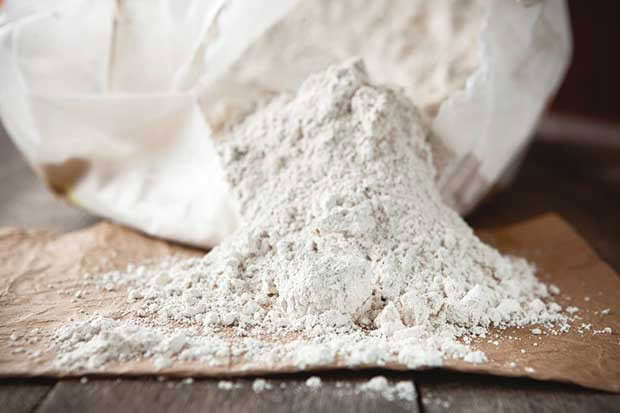
Diatomaceous earth also has sharp edges which can scratch a slug or snail’s soft body, a great deterrent to these slimy critters. The only problem is diatomaceous earth is less effective when wet.
JANE’S TIP FOR LESS SLUGS & SNAILS
Changing the environment is an important step in controlling slugs and snails.
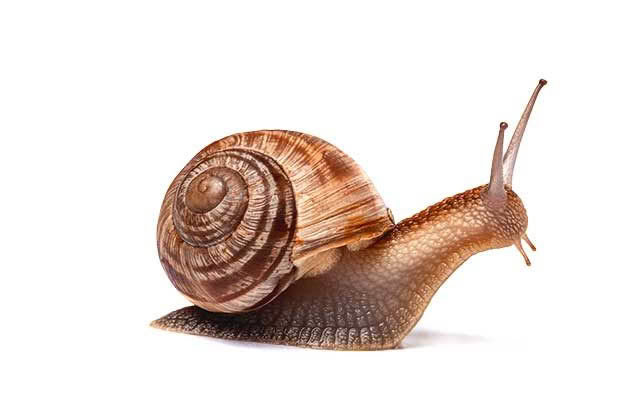
Clear away debris, dead plant material, weeds and any other possible hiding places for slugs and snails, and you’ll have fewer plant casualties. No comfy home equals no, or at least fewer, slugs and snails.
MORE HERE:
Love this story? Subscribe now!
 This article first appeared in NZ Lifestyle Block Magazine.
This article first appeared in NZ Lifestyle Block Magazine.
